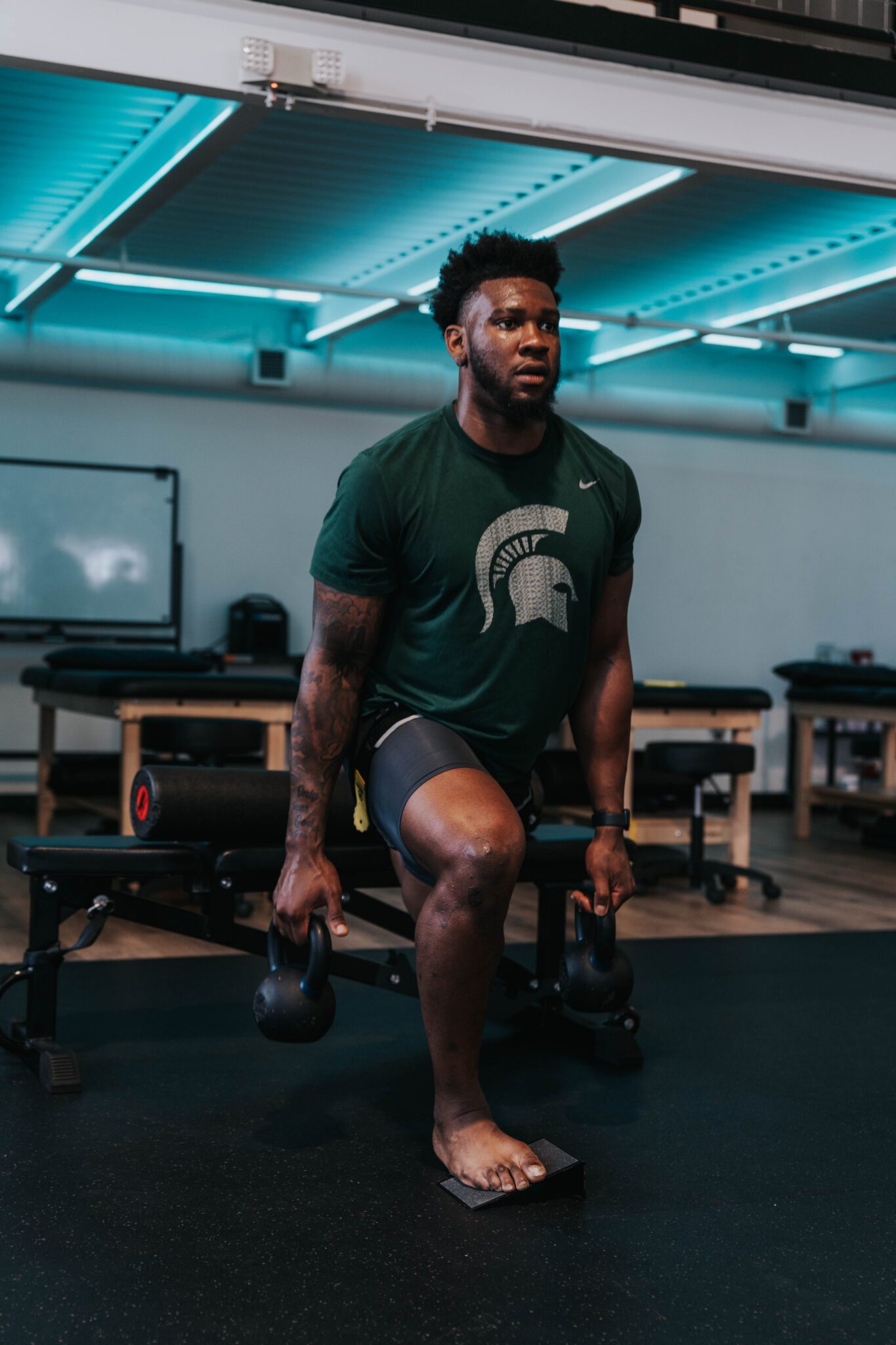The NCAA reports that the number of student-athletes competing in college level sports is at an all-time high. More than half a million college athletes compete on teams throughout the nation. Collegiate athletics can provide a lot of opportunities for participants: being part of a team, connecting with teammates, earning scholarships and getting a higher education, and for some athletes, getting recognized on a national level. When on campus, college athletes have demanding jobs; they are at once a student and a team member. In addition to games, practices, team meetings, and classes, athletes also need to make time for conditioning. Balance is essential for college athletes in all aspects of their lives. Read on to learn 9 things you should know about training for college athletes.
- Work with a professional. While you can run, lift, and train on your own time, having an expert help you do targeted, sport-specific exercises can be so much more effective. A good coach can help college athletes to develop a solid training plan as well as provide athletes with motivation and support. Strength and conditioning coaches at ROI are experts in the selection and progression of exercise for athletes in all kinds of sports.
- Nutrition, water, and sleep are essential. When an athlete is in training mode, it’s so important to consider the elements outside of the gym such as good food, adequate hydration, and quality sleep. A healthy diet can provide an athlete with essential nutrients that can help fuel training and recovery. In order to function at an optimal level, athletes need to stay well hydrated, which is not only important for the body, but for the brain as well. Getting enough good sleep at night—usually 8 to 10 hours—is key for recovery from training too.
- Cross-training can enhance your abilities. While sport-specific training is smart, cross-training can be a great way to improve overall fitness and reduce the risk of injury. On non-training or active rest days, some athletes can benefit from different activities such as swimming, biking, or yoga.
- Strength is key. Strength training routines can be different for each sport. Many weightlifting systems are focused on increasing strength by increasing the amount of weight lifted over time. Conventional weight lifting can be useful to increase overall strength, but it’s also important to take into account an athlete’s specific requirements for things like speed, lateral movement, and function. Instead of just maximal strength, the team at ROI works with an Accelerating Isokinetic machine, allowing athletes to accelerate and build momentum throughout their weightlifting movements. These exercises can be more translatable to athletic movements used in sports.
- Focus on footwork. When athletes are conditioning for their sports, sometimes a really important part of the body gets neglected: the feet. In most sports, the feet are the only part of the body that is in contact with the ground. The feet provide athletes with sensory feedback to help our bodies move through space. Focusing on footwork can help athletes to improve balance and stability; good footwork also enables athletes to move more powerfully and efficiently.
- Set some goals. Setting goals for training can help athletes to stay motivated and on track. A conditioning coach can help an athlete to set goals that are specific, measurable, achievable, relevant, and time-bound. Working with a trainer can help with accountability for athletic goals as well.
- Plyometrics are powerful. Plyometrics uses the body’s ability to store and release energy in an efficient way so that an athlete can produce powerful movements. Different jumps, hops, bounds, and skips in plyometrics are designed to increase athletic performance. This kind of training has been shown to produce major strength gains compared to regular strength training alone. All sports require some form of power output for athletes to perform. At ROI, the trainers can individually program the equipment used for plyometric training to meet the demands of each athlete’s specific sport.
- Functional Range Conditioning can help. Functional Range Conditioning (FRC) is a comprehensive joint training system that focuses on increasing an athlete’s ability to control his or her body. FRC targets improvement in mobility, which can help to prevent athletic injuries. FRC aims at helping athletes to increase their skills in performance now, but it also promotes longevity so that athletes can be healthy throughout their lifetime.
- Find joy in your sport. At the collegiate level, the enjoyment of your sport can truly be connected to your success in it. When athletes enjoy their sport, it can lead to more motivation in both training and competition. Competition is tough, but enjoying a sport can help athletes to cope better with this stress. Having a positive attitude through training and competing can improve teammates’ camaraderie too.
Athletic training for college athletes at ROI centers around movement variability, power output, explosiveness, and injury prevention. The experts at ROI can also work with athletes on things like ball work, balance training, lifting, resistance training, speed and agility skills, and sports specific training.
Are you a high school or college athlete that wants to maximize your athletic training routine? Learn more about the programs at ROI, or reach out at 512-962-9141 to discover how professional coaches can help you.

